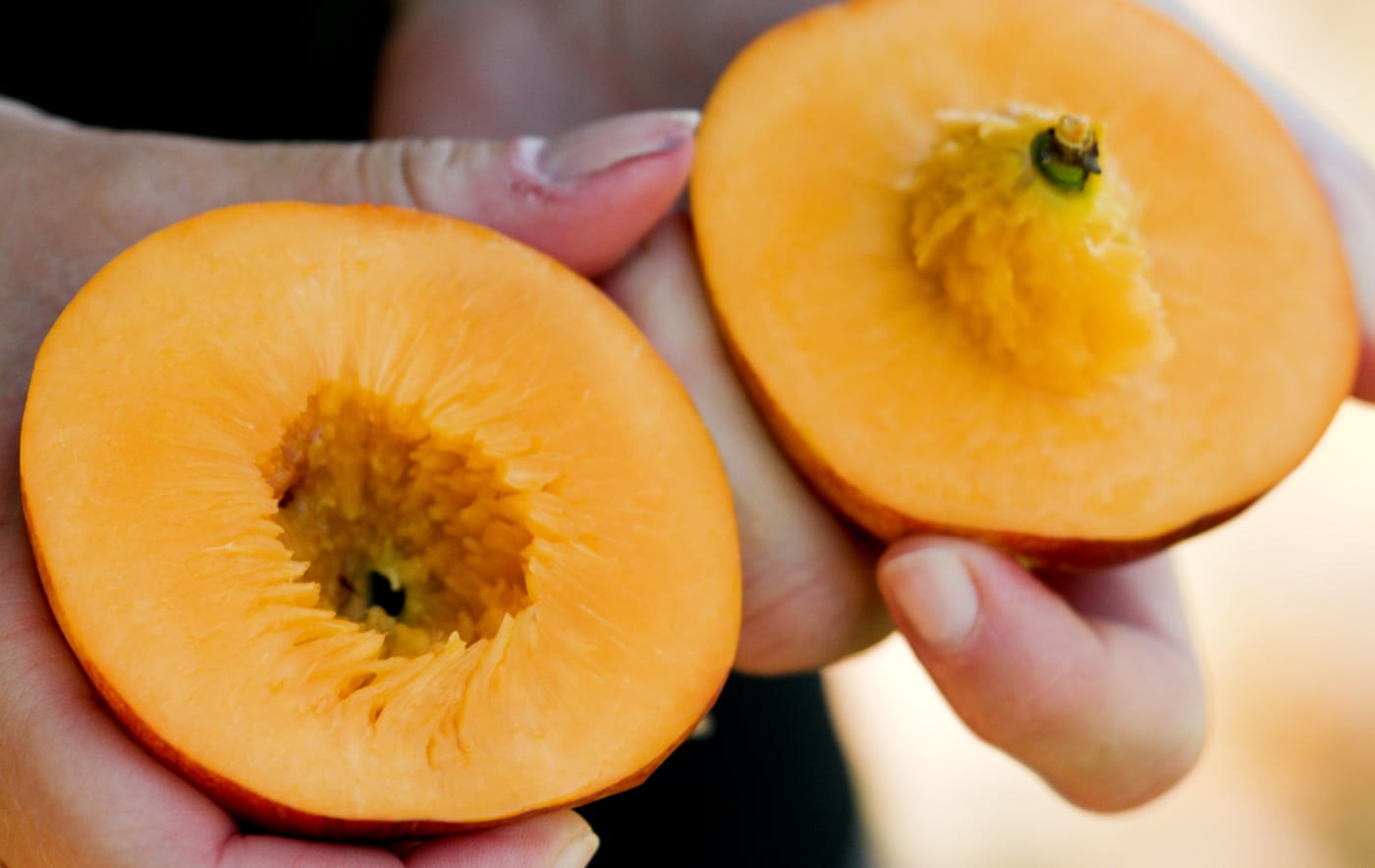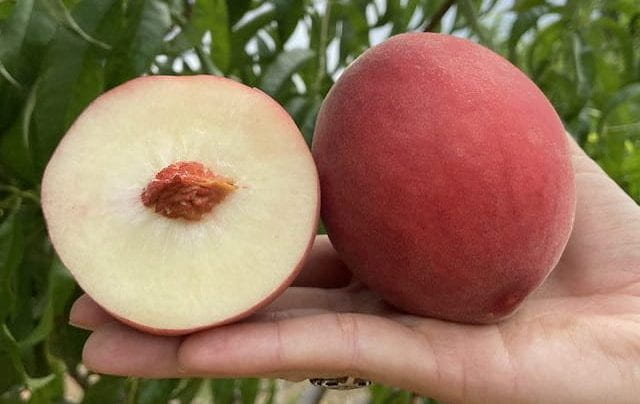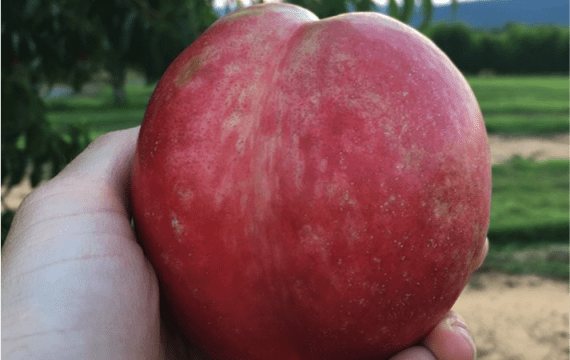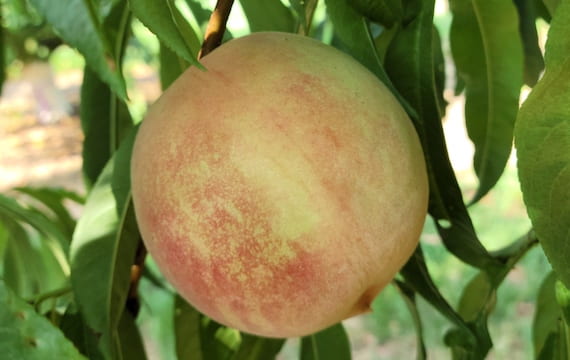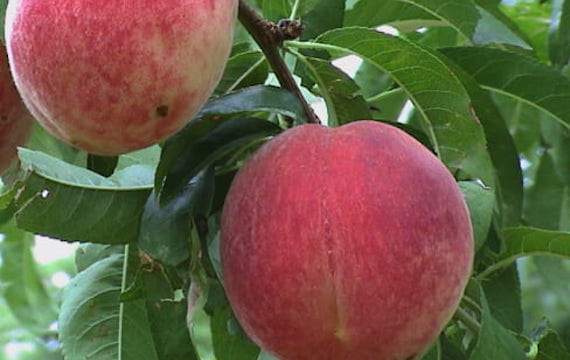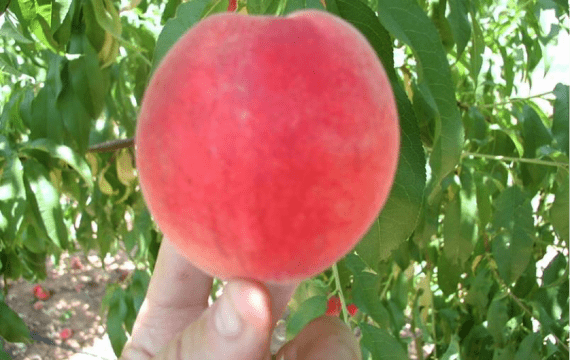Peaches and Nectarines
Peaches and Nectarine breeding focuses on unique texture, white flesh and improved post-harvest qualities suitable for shipping ripe fruit.
Have a Questions About Peaches and Nectarines in Arkansas?
If you’d like to learn more about our peach and nectarine varieties and how to grow them, please visit our partners at the Arkansas Cooperative Extension Service.
Want to know where you can buy these varieties? Here’s a list of our licensed propagators for the Arkansas Fruit Breeding Program.

